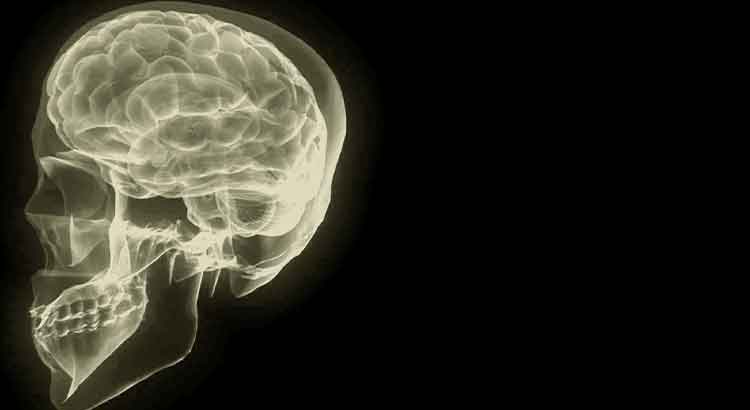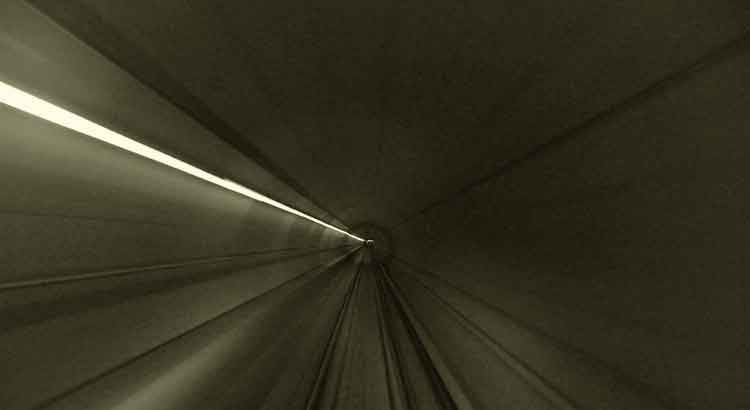Hand in hand with marketing, the psychology practiced in consulting rooms has given to want to teach patients how to live. In other words, psychologists want to give philosophy lessons. Thus, psychology is being mixed with what marketing dictates, and a laughable worldview, without the slightest depth, is being configured as a parameter of mental sanity. Psychologists, instead of working on their own lack of culture and ignorance about life, have transformed the science of the mind into a mere product of well-being.
Tag: psychology
Jung’s “Intuition”
Of all the fundamental Jungian psychological functions, “intuition” is the most interesting and challenging for those who seek to understand them in depth. The very individual in whom this perceptual mechanism is accentuated, should he seek to interpret it, will find himself in great difficulty, since to interpret it would be, in short, to rationalize it, and one does not rationalize the irrational. Furthermore, if we compare it with the other irrational function according to Jung’s classification, the “sensation”, this one seems without a doubt more understandable and less abstruse to those who do not have it salient, since it is activated through stimuli that are more easily visible and palpable. Like “sensation”, the “intuition” is spontaneous, but although, as Jung says, it is an exclusively perceptive faculty, working in conjunction with the functions of judgment it induces an appraisal of what it perceives. This appraisal is, therefore, automatic and based on the inexplicable. What impresses most is that it often comes out loaded with certainty, and a certainty that defies logic, since it is based on an irrational perception. And to see that this mechanism proves to be effective over and over again, proves to be reliable to the point of not only rivaling, but invalidating conclusions reached by other faculties—apparently more logical faculties—in those who possess it pronouncedly… Remarkable.
The Psychological Mechanism That Is the Precursor…
The psychological mechanism that is the precursor of disillusionment is one of the most interesting mental faculties ever known. It manifests itself as a need, a natural unconscious tendency to project idealizations onto real entities and situations. In the minds that experience it, all conscious mental activity seems prone to detach itself from the concrete and spontaneously blend with subjective and fanciful tones, creating a parallel reality in which experience is intensified and presented in ideal aspect. Freud, of course, classified what little he understood of this mechanism as mental illness. But if, on the one hand, it contributes to accentuate, if not to produce future unpleasant contrasts between expectation and reality, it should be noted that creativity is entirely dependent on this capacity to attribute fantastic qualities to concrete experience. From the poet who idealizes the beloved woman to the engineer who creates in his mind the impossible, all of them have their inventiveness, and therefore their distinctiveness, originating in this very same mental faculty.
The Jungian Approach to Dream Interpretation…
As with everything else, the Jungian approach to dream interpretation is much more interesting than what is generally done in psychoanalysis. Starting from the same necessary principle that one must find meaning in them, but not restricting himself to an exclusively causal interpretation, Jung opens himself to an infinite horizon of possibilities. An attentive analyst is quickly impressed by the disparity between the dreams of the same individual, from the lucidity of manifestation to the almost always discrepant content, sometimes based in the present, sometimes in the past, sometimes in fantasies, and so on. There are dreams in which the linearity makes understanding easier, while in others there is a strange superposition of disconnected scenes, if not abstract images and a complete absence of a logical link. It is not rare to have the sensorial certainty that such and such event occurred in a dream, without having retained pictorial elements; as well as the memory of loose dialogues and speeches, in manifestations that defy reasoning. Not to mention dreams that are amazingly connected to events that take place in the future. Jung, noting all this complexity, is right in approaching each dream individually and repudiating the attempt to box them all into a “manual of interpretations”. It is true that the psychologist, acting in this way, most often finds himself in the dark; but such humility, not to say courage, can occasionally pay off.


